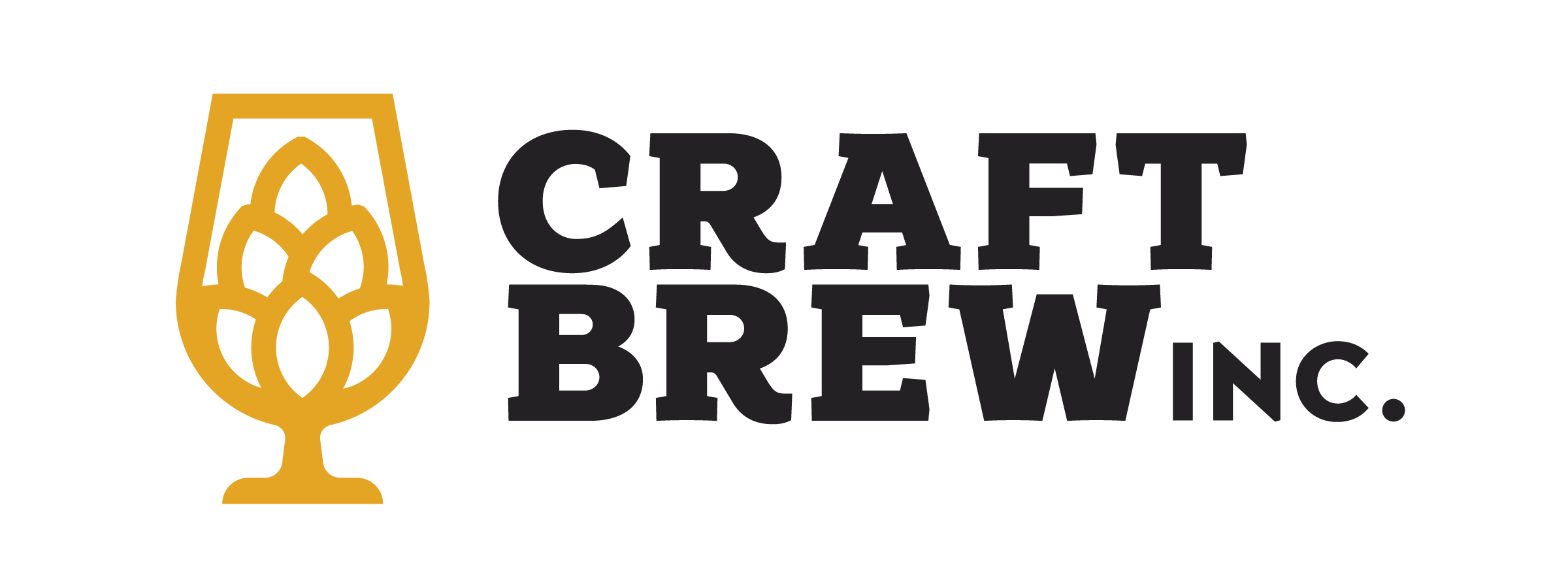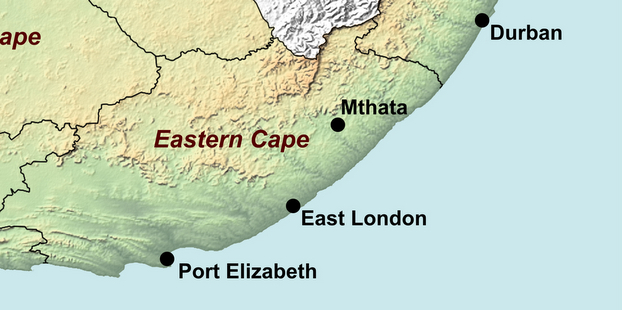
Meet the new boss, same as the old boss, just bigger: AB InBev and SABMiller have officially merged to form a new unnamed entity. Some members of the media have been dubbing it “MegaBrew,” but all loyal readers of Craft Brewing Business know that we had the name pegged months ago: Beer Voltron.
There is little left to say at this point considering people have been talking about it nonstop since the rumors got hot and heavy in September. But talk people must. Here is a round up of news tidbits and reaction from around the industry.
AB InBev makes $100bn bid for SABMiller official
Anheuser-Busch InBev, the world’s biggest brewer, launched its $100 billion-plus (€93 billion) offer for nearest rival SABMiller yesterday and agreed to sell the latter’s stake in US venture MillerCoors to help win regulatory approval.
AB InBev, whose takeover of SABMiller would be one of the largest mergers in corporate history, said it expected to achieve $1.4 billion in annual savings four years after completion of the deal, projected for the second half of 2016.
The deal, worth about $106 billion, was clinched with an agreement for Molson Coors to take over SABMiller’s 58 per cent stake in its venture, MillerCoors, for $12 billion.
AB InBev Buys SABMiller for $107 Billion as U.S. Deal Agreed
That price tag is higher than some analysts expected, given the small group of potential buyers. However, they had not anticipated it including global rights to the Miller brand, which will nearly double the amount of beer Molson sells internationally.
At the same time, the savings target, worth about 9 per cent of SABMiller’s sales, is lower than expectations, although it does come on top of the $1.05 billion SABMiller had already pledged during the bidding process.
The merger will combine AB InBev’s Budweiser, Stella Artois and Corona brands with SABMiller’s Peroni, Grolsch and Pilsner Urquell and brew almost a third of the world’s beer, dwarfing rivals Heineken and Carlsberg.
The deal “promises to transform the global brewing landscape,” said Jon Copestake, an analyst at the Economist Intelligence Unit. “The divestment of SABMiller’s North American business will placate American regulators to some degree, but there will remain regulatory obstacles to a merger of this size.”
Brewers Association Statement on Anheuser-Busch InBev Acquisition of SABMiller
Bob Pease, chief executive officer of the Brewers Association (BA):
“We would urge the Congress and the Department of Justice to closely examine the potential effects on the U.S. marketplace and American consumers of this proposed deal.
“The size and scope of the ABInBev business has many ramifications for the U.S. beer industry, even with the divestiture of the MillerCoors joint venture. The most obvious is that ABInBev is still by far the largest brewer and beer distributor in the United States. It is vital for the continued success of small brewers that we have access to market with an independent and competitive middle distribution tier.
“Over time, ABInBev will have significant new global revenues to invest in the United States if it chooses to do so as a result of this acquisition. The MillerCoors operation will undergo significant changes. ABInBev’s new international footprint and scale give the company greater influence over commodities used in brewing and many other facets of the beer industry that could affect competition in the U.S. market.
“All of these issues – and their potential effect on small brewers, the broader industry and U.S. beer drinkers – must be carefully weighed and scrutinized by antitrust authorities.”
The deal, which was approved by SABMiller’s shareholders last month and has to be approved by regulators, will lead to annual savings of $1.4 billion four years after the merger is completed, according to reports. The combined company will brew nearly a third of all the beer produced in the world, and eclipse rivals like Carlsberg, which reportedly announced Wednesday that it will cut 2,000 jobs in a cost-cutting exercise.
“With today’s developments, execution is still important but they have a bit of breathing room,” Morningstar analyst Philip Gorham told Reuters, referring to the regulatory uncertainty around the deal’s completion.
RELATED: Money: Here’s Big Beer’s five step plan to ‘crush the craft beer revolution’
AB InBev, SABMiller Ready With Final Merger Agreement Giving Up Miller To Coors
http://www.cbc.ca/news/business/abinbev-sabmiller-merger-molson-coors-1.3313631
SABMiller is the descendant of South African Breweries and has stretched its reach across the continent, betting that Africans will shift to higher quality beers as economic development increases disposable income. It had operations in 17 countries on the continent, with another 21 covered by Castel Group, in which it has a stake.
Impact on Craft Brewers if Global Giants Merge
In terms of impact on craft, my first thought is that most craft brewers operate in a different sphere—their communities and regions primarily. They serve the roles/purposes of being parts of and building communities. Many craft brewers would look at a potential deal of Anheuser Busch-InBev and SABMiller as not relevant to their businesses and will keep on doing what they do—make flavorful and high quality beer, engage beer drinkers and serve the community through jobs, involvement and serving as a place for people to gather and discuss the events of the day. The American public continues to respond by sampling more new craft brewed beers and buying more of their favorites. Those societal trends won’t change because of this deal. (Although there could be a danger of greater commoditization perception of beers in the same lager and light lager profiles if people think of the large brewers as being all the same company.)
Whenever there is a deal that impacts the U.S., one of the first things I think about is what will the impact be to the distribution network. Will brands change distributor houses or not? Since MillerCoors houses accelerated in consolidation at and after the turn of the century, it is hard to picture this piece unraveling, particularly if MolsonCoors becomes the owner of Miller brands in the U.S. It is hard to see the retail landscape changing much because of the deal. Will it matter to the beer drinker? Can the beer drinker relate to news of a global megamerger about beer? There have been an increasing number of craft brewer transactions inside and outside of craft lately. To what degree will this giant merger and other deals, some of which may impact beer drinkers’ relationships to specific brewers, impact perceptions of beer to where it becomes less of an item of personal passion or more of an item of personal passion? Will future transactions in and from the craft space hurt the brand of craft? Time will tell all.
Why beer drinkers lose in the SABMiller-AB InBev merger
Who really benefits?
In major manufacturing operations, economies of scale can be enormous, which means breweries will be streamlined to focus on the largest and most modern. Economies of scope — where it’s cheaper to produce a range of products together than individually — will be substantial too. In terms of personnel, for example, head offices and country management teams are likely to be integrated. Plus, the combined purchasing power of the new bigger company should also realize substantial savings.
The deal will also give AB InBev BUD 2.77% access to growth markets in Africa and Latin America where it is currently not represented. Management will expect to benefit as they will preside over a much greater business resulting in greater pay, power and status.
But if drinkers are hoping the cost savings will be passed on to them, I feel they will be sorely disappointed. They will probably find that choice will diminish as well. Indeed, greater market power arising from mergers usually results in higher prices.
$100 Billion In Beer Money For SABMiller
AB InBev’s skilled CEO Carlos Brito estimates cost savings at $1.4 billion. I would confidently take the over on that bet. A reasonable assumption for this deal would be savings of more than twice that amount. But who could come through with savings that are unreasonably good? My candidate would be Carlos Brito, who appears to be giving himself a huge target to outperform.





Craft Beverage Expo liked this on Facebook.
Serge Lubomudrov liked this on Facebook.
Aaron Koenigseker liked this on Facebook.
Robert Lloyd Moreland liked this on Facebook.
Krones AG liked this on Facebook.
Eddie Lafontaine liked this on Facebook.
Beer Voltron activated: AB InBev, SABMiller merger is official https://t.co/61f1HRhhHP
John Wanner liked this on Facebook.
Beer Voltron activated: AB InBev, SABMiller merger is official https://t.co/baNmerHghx via @craftbrewingbiz
Taweechai Thongrod liked this on Facebook.